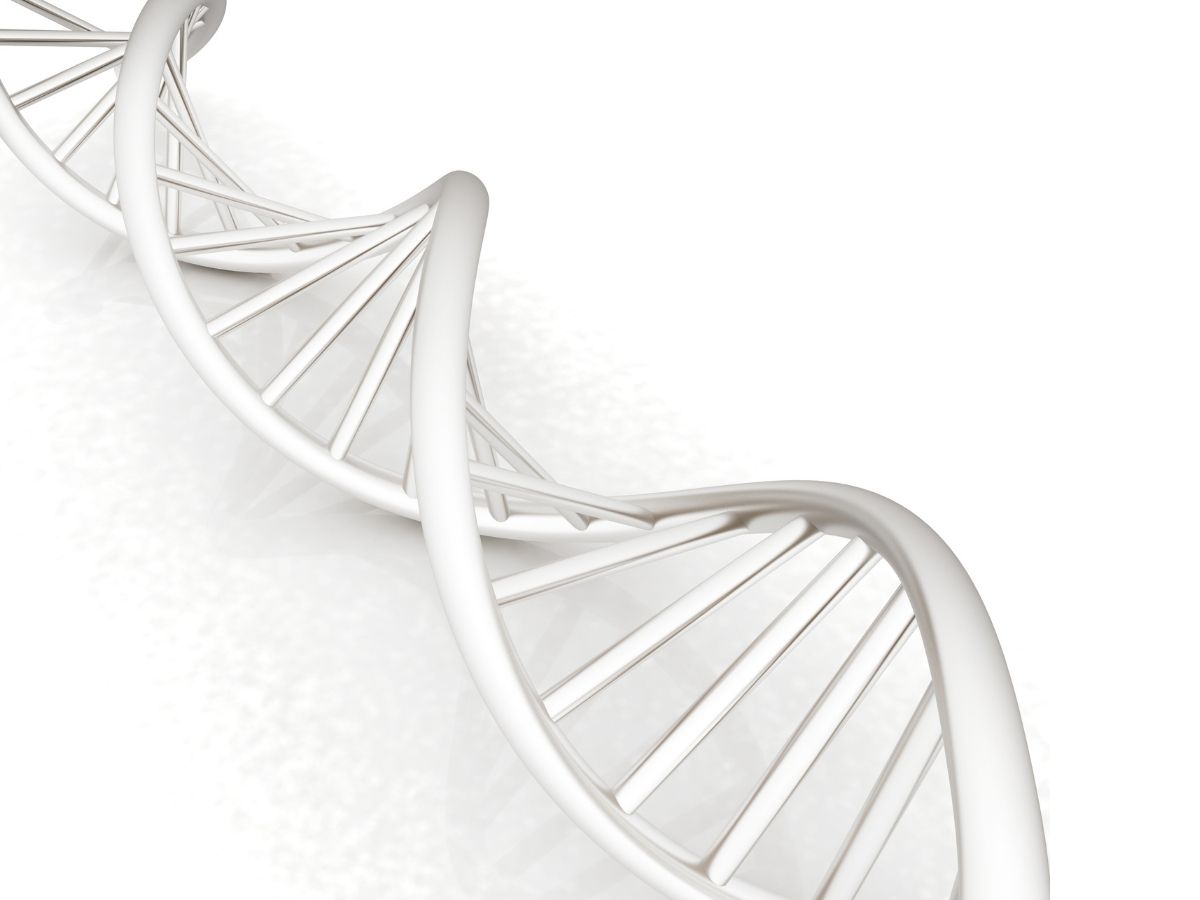What is MTHFR?
I’m going to share just a brief introduction about the MTHFR gene and its relationship to infertility.
The MTHFR gene codes for an enzyme called methylenetetrahydrofolate reductase which plays a role in processing amino acids (the building blocks of proteins). This enzyme is important for the conversion of folate (Vitamin B9) into 5-methytetrahyfrofolate (the form of folate found in the blood) and necessary for supporting the methylation cycle. This methylation pathway is involved in a variety of important functions, such as (Lynch, 2018, pp. 23-24):
· Neurotransmitter production
· Detoxification
· Histamine metabolism
· Estrogen metabolism
· Fat metabolism
· Cellular energy
· Antioxidant production
· Cell repair
· Genetic expression
“Unhealthy” genetic variations are known as polymorphisms or single-nucleotide polymorphisms (SNPs, called “snips”). The MTHFR gene has two known SNPs – C677T and A1298, and these differ somewhat in terms of negative impacts.
In terms of fertility, individuals with these SNPs have an increased risk of trouble conceiving, miscarriage, pre-eclampsia, placental abruption, stillbirths, and offspring with higher rates of neural tube defects. MTHFR SNPs are also associated with male infertility issues.
Folate and Pregnancy
Data shows that folate is particularly important for fetal development during the first trimester!
Folate deficiency has been linked to difficulties conceiving, unexplained infertility, elevated homocysteine levels, recurrent miscarriages, a child with Down Syndrome, development of autism, preeclampsia, postpartum depression (and many other medical and psychiatric symptoms/disorders).
Variants of the MTHFR gene
There are two variants of the MTHFR gene that have been identified as problematic: C677T and A1298C. Approximately 25% of the population carry these gene variants (and often have no idea about it!). The impact on your metabolism varies depending on whether you have one (heterozygous) or two (homozygous) copies of the gene, and whether you carry one of the variants (i.e., you have the C677T type only, the A1298C type only), or a combination of the two types (one C677T + one A1298C).
Dirty Genes
Dr. Ben Lynch is a Naturopathic doctor who specializes in using insights from epigenetics to optimize health.
In his book ‘Dirty Genes’, Dr. Lynch discusses some of the genetic variants or SNPs (called “snips”) which can negatively impact mental and physical health.
Sometimes we’re born with these genes already being “dirty” or sometimes these genes can be “‘made dirty” by environmental factors such as poor diet, toxins, stress, etc. And this is just another big reason why we have discussions, teach and educate about #environmentaltoxins and their impact on fertility (and overall health)!
Dr. Lynch provides a revolutionary, holistic, and personalized approach to better health by improving how your genes behave to prevent and reverse common ailments, chronic illnesses, and life-threatening diseases, including cardiovascular disease, autoimmune disorders, anxiety, depression, digestive issues, obesity, cancer, diabetes, and more.
Testing for MTHFR and other Reproductive Immunology
Fortunately, more and more REs (reproductive endocrinologists, also known as fertility docs) are testing for these genes on a more routine basis when you come in for your diagnostic evaluation. If you have not yet been tested (and have had challenges getting pregnant) – consider asking your doctor for this test (it’s checked via a blood test).
Supporting Your Mind-Body System
In our weekly support groups, we discuss the potential issues of MTHFR on fertility, and many other important topics to consider when trying to conceive. To earn more about our course, programs, and support group, visit soulfulconceptions.com.
You can read more about environmental toxins in our blog entitled, “BPA-free does not equal safe.”
